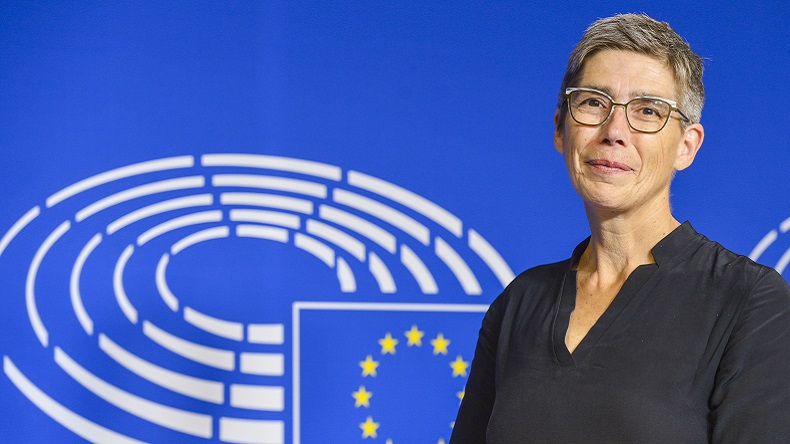




Ships calling at EU ports face a mandatory 40% reduction in carbon intensity and inclusion in the bloc’s Emissions Trading System
CARBON emissions from the maritime sector could be included in the European Union’s carbon market for the first time.
Lawmakers on the environmental committee of the European Parliament have voted on a set of reforms to the EU’s monitoring, reporting and verification regulation, which dictates rules for collection of fuel and emissions data from ships calling at the bloc's ports.
Under the reforms, maritime should become part of the EU Emissions Trading System, the bloc’s tool for capping permitted carbon emissions and allows for trading of allowances.
Shipping could also face binding targets to cut ships’ annual average carbon intensity by at least 40% by 2030 compared with a baseline year yet to be decided.
Lawmakers on the environmental committee agreed that it should be the European Commission that decides the exact baseline, based on both the monitoring, reporting and verification regulation database and the International Maritime Organization’s global data collection system.
The parliament's full legislative assembly will vote in September on whether to approve the rules that would impose the world’s first major legally binding greenhouse gas emissions requirements on ships and force shipowners to pay for excess emissions in the EU.
Based on current data, the rules would affect around 11,000 vessels.
If the parliament approves, it will begin negotiations with EU member states to agree on a final text.
Under the proposed reform, companies would also be obliged to report on their methane emissions, a greenhouse gas that is particularly relevant for liquefied natural gas-fuelled ships.
MEPs also agreed to establish an Ocean Fund to be financed by auctioning allowances under the ETS.
Its main purpose would be to make “ships more energy efficient and to support investment in innovative technologies and infrastructure, such as alternative fuel and green ports, to decarbonise the maritime transport sector”.
Additionally, 20% of the revenues will contribute to protecting, restoring and efficiently managing marine ecosystems affected by global warming.
Ships calling at EU ports are also expected to emit no GHGs by 2030 when at berth.
Transport & Environment, a Brussels-based NGO that has been a staunch supporter of shipping’s inclusion in the ETS, said that the European Commission should follow through on the new proposal.
“MEPs have delivered a wake-up call to the European Commission, which has focused too much on biofuels and hardly at all on making shipping pay for its pollution,” T&E shipping manager Faig Abbasov said in a statement.
Shipping companies are not yet included in the EU emissions trading system, which obliges factories, power plants and airlines to pay for their pollution. The EU executive plans to add them in 2021 to bring the industry into line with the bloc's efforts to cut greenhouse gases.